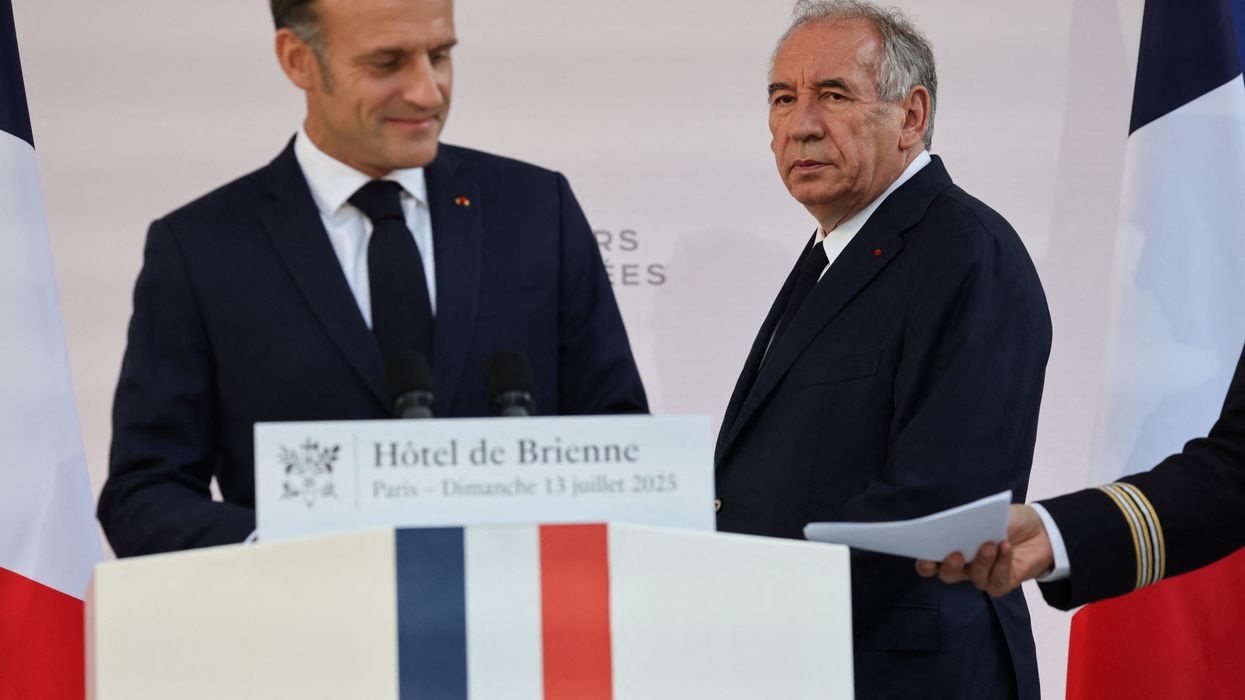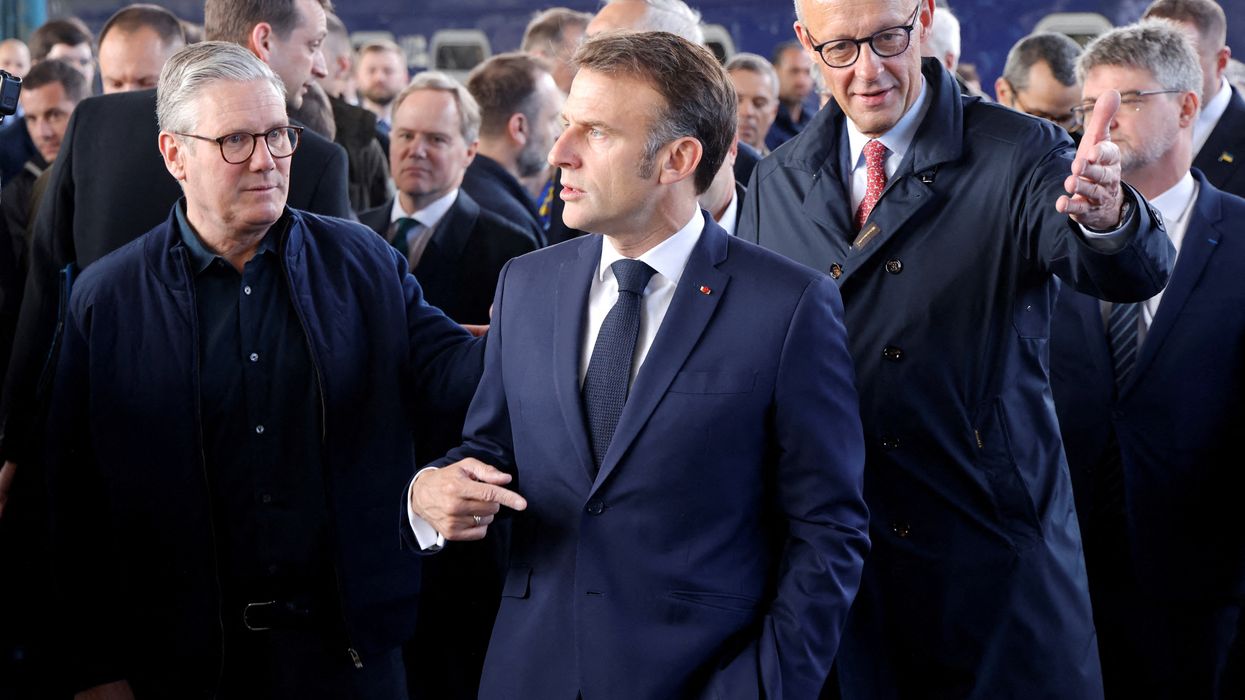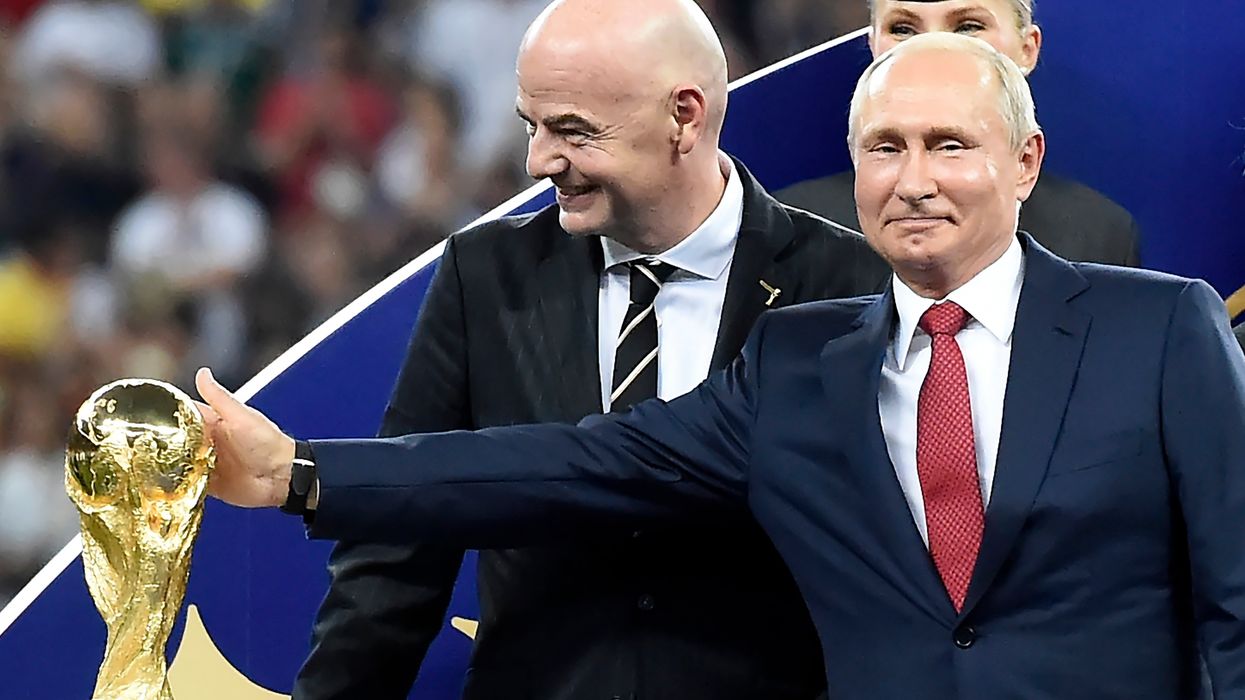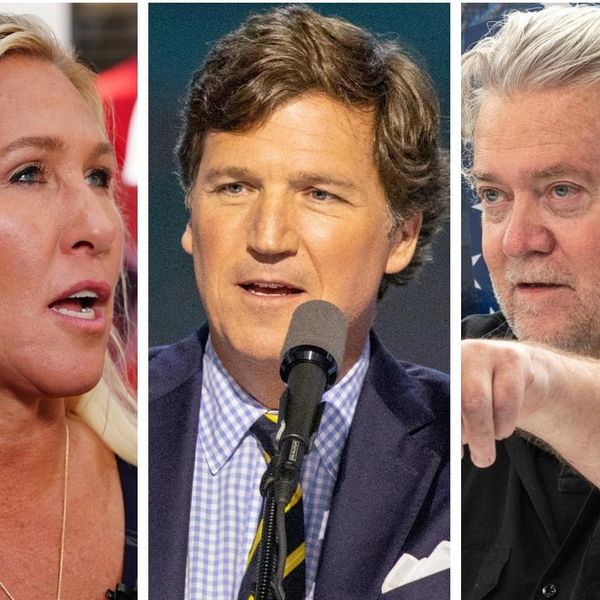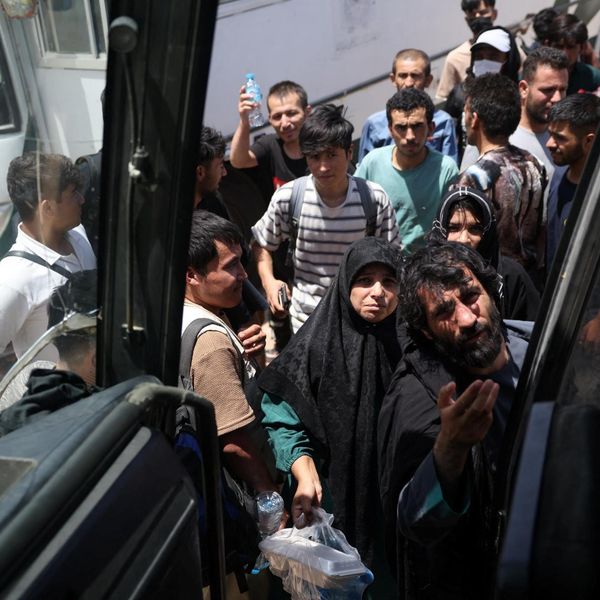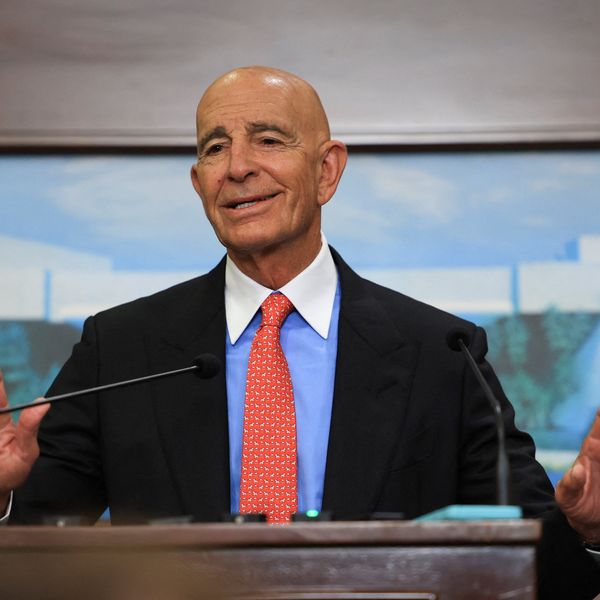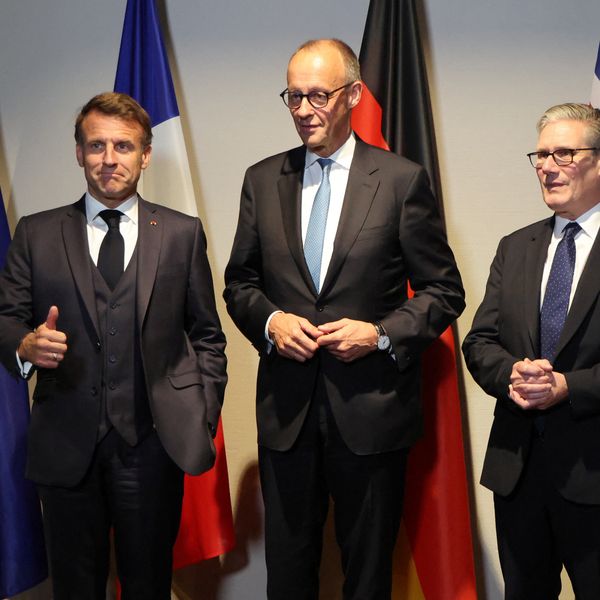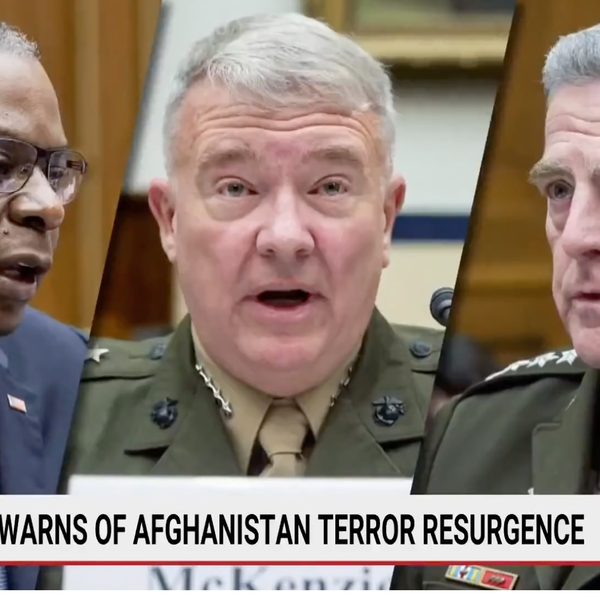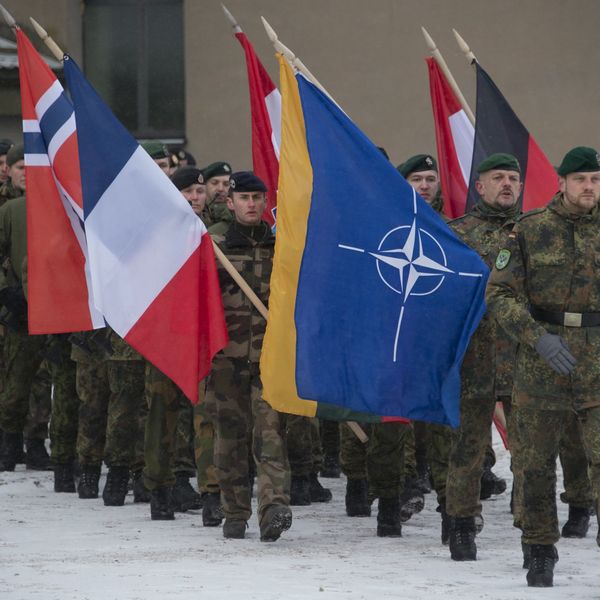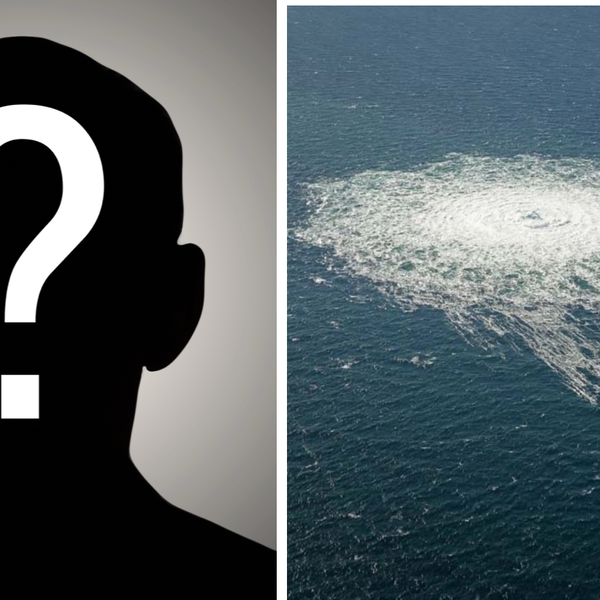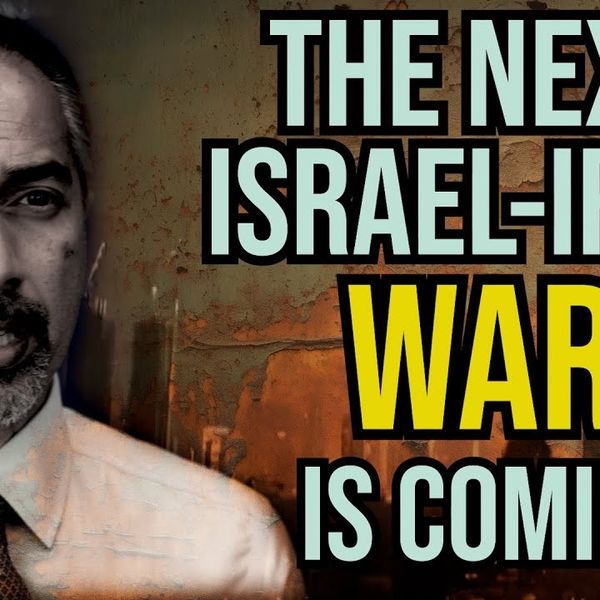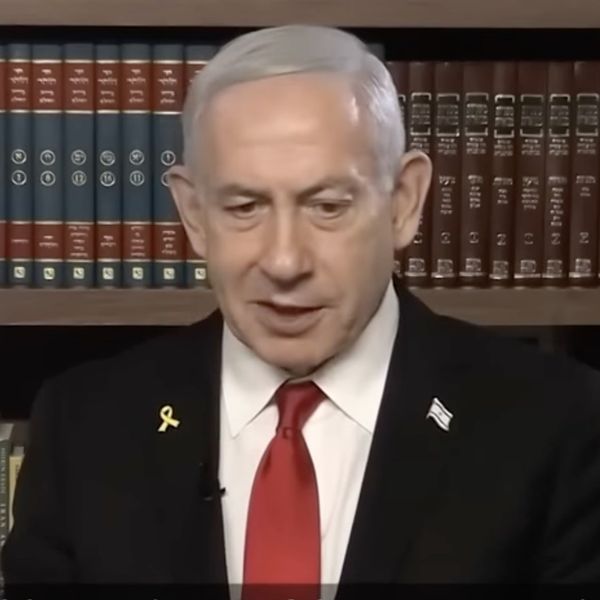This article is part of our weeklong series commemorating the 70th Anniversary of the Korean War armistice, July 27, 1953.
Twenty-three years and one month ago, Vice President Al Gore stood beneath a blistering summer sun in Arlington Cemetery to talk about Korea.
The occasion was the 50th anniversary of the outbreak of the Korean War. After decades of little recognition of that war in the United States, the U.S. government had finally established a memorial five years prior, and President Clinton later proclaimed that the U.S. would ensure that the Korean War would cease to be forgotten.
Gore turned to the veterans in the audience and took pains to declare that American soldiers had not died in vain, stating: “Your sacrifice is vindicated by the growth of South Korea into a thriving democracy and stalwart ally of the United States. It is vindicated by the new prospects for peace between the two Koreas in the wake of this month’s historic summit.”
Twenty-three years and one month later, peace between the two Koreas remains no closer to reality.
As we arrive at the 70th anniversary of the July 27, 1953, Korean War armistice, which signaled a temporary suspension of hostilities 1953, we reach a moment in time where the dynamics of that Cold War world have long shifted, and, yet, where frozen relations with North Korea persist as one of the greatest risks to global peace. Everything, and yet nothing, has changed.
As a historian, I recognize that the cycle of policy and news will always be dictated by the present, and not by the past. The present offers imminent danger and confident perceptions from observers about what should or should not be done. In comparison, the past is merely abridged memories, fading in significance.
U.S. policy towards North Korea, however, has been trapped in a pattern of cyclical amnesia, unable to imagine an alternative future. Since the end of the Clinton administration’s policy of consistent engagement with North Korea, we have been stuck in a 23-year-long nightmare of policy that has succeeded only in making the world less safe and predictable.
In 2003, Georgetown University Professor Victor Cha, who would begin working on Korean Peninsula issues in the Bush White House the following year, went on NPR to discuss the armistice’s fiftieth anniversary. He noted that the stumbling block with the DPRK was ascertaining whether the North was merely using negotiations for “tactical reasons.” A few months earlier, he had authored a New York Times op-ed arguing that engagement was not a credible policy, and “total isolation” for the regime was the “only true ‘moderate’ option.”
Cha’s observations were made in the context of the collapse of the 1994 Agreed Framework. The Framework had stipulated that Pyongyang would commit to denuclearization in exchange for two civilian nuclear reactors, heavy oil, and sanctions relief. It had led to sustained warming ties and stability on the peninsula, a freeze on nuclear testing, and high-level visits between Washington and Pyongyang.
The Bush administration would later accuse North Korea of secretly starting a uranium enrichment program in violation of the Framework. But Pyongyang may have been motivated by Washington’s own failure to uphold its end of the bargain. Congressional Republicans railed against the deal and obstructed funding, while critics charged the Clinton administration as rewarding “North Korea for its bad behavior.” Despite diplomatic progress, hardliners curtailed the possibilities, and the Framework ultimately sank when Bush refused to engage in substantive negotiations and suspended agreements.
Hardliners continued to limit opportunities in the years to come. When Bush responded to positive North Korean moves by removing the country from Washington’s list of state sponsors of terrorism in 2008, he was blasted by his own party for weakness. The narrowness of options available was made apparent in a 2008 presidential debate between candidates Barack Obama and John McCain, where McCain called Obama’s openness to negotiations without preconditions “naïve” and “dangerous.”
Obama came into office in favor of a “tough-talking diplomacy” approach but shifted to an international pressure campaign against Pyongyang after the failure of the 2012 Leap Day Deal. He was disinterested in using diplomacy in response to “provocative behavior,” saying, “You don’t get to bang your spoon on the table and somehow get your way.”
Hardliners continued to dismiss diplomatic options, with Ed Royce, the ex-chairman of the House Foreign Affairs Committee (currently a lobbyist for Saudi Arabia), calling for “crippling” North Korea with “stringent sanctions” as the only option.
The Trump administration likely faced the greatest opportunity in recent memory for a durable peace process in 2018-2019, thanks in no small part to the deft diplomacy of South Korea’s Moon Jae-in administration. But it jettisoned a promising start as hardliners within the team were uninterested in a successful deal and Trump himself was not committed to talks while he was focused on his domestic troubles. COVID lockdowns subsequently froze dialogues.
The Biden administration has been handed an intractable situation and, to its credit, has signaled its openness to talks. But Biden and President Yoon have also shifted to a predominantly deterrence-based approach in the peninsula, which seeks to push Pyongyang to come to the negotiating table on US-ROK terms. Ambassador to the UN Linda Thomas-Greenfield also uttered the familiar phrase, “rewarding the DPRK for bad behavior,” in response to a Chinese proposal that the United States suspend joint ROK military exercises in exchange for a North Korean missile testing freeze. Biden’s team appears motivated to “correct” North Korean actions, treating it like a second-class annoyance rather than a nuclear-armed state.
For the past 23 years, the U.S. has been immovably constrained by an apparent need to appear immune from “provocation,” with only sporadic bursts of genuine engagement. This approach has been a resounding failure.
Many experts have now recognized that there must be an escape from this Sisyphean nightmare of tough talk without results. Even Cha, who once argued for isolating the DPRK twenty years ago, has more recently proposed the use of good-faith humanitarian assistance to create diplomatic momentum. There is an array of viable diplomatic options available, all of which break free of the psychological insecurity that engagement equals appeasement. American policymakers must gather the strength to realize that only appearing tough on North Korea is, in truth, the weakest posture available.
Twenty-three years and one month ago, a vice president once framed the sacrifice of Americans in the Korean War as vindicated by the possibility of peace on the peninsula. 54,000 Americans died in that war. So did over a million others, soldiers and civilians alike. If we wish to truly vindicate the sacrifice of those who fought and died, the United States must boldly seek peace in the Korean peninsula, and fundamentally reimagine how it sees diplomacy in the path forward with North Korea.

